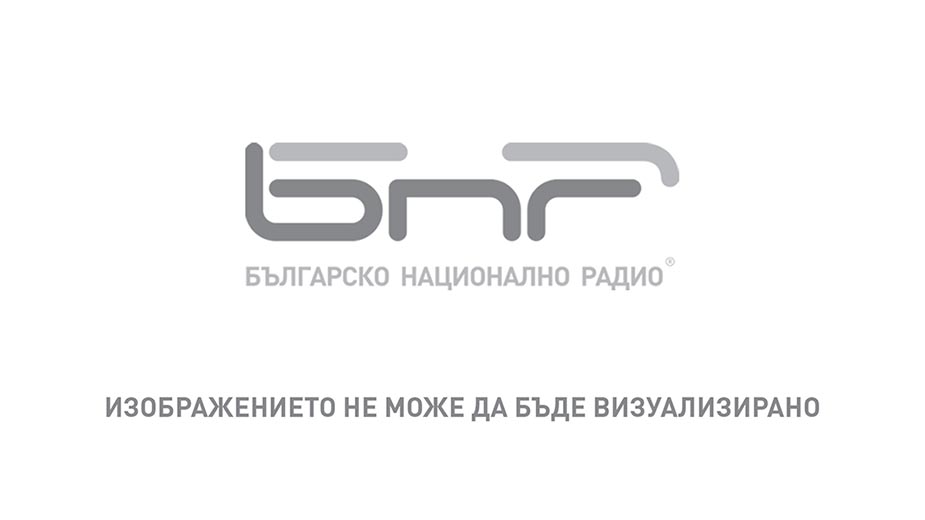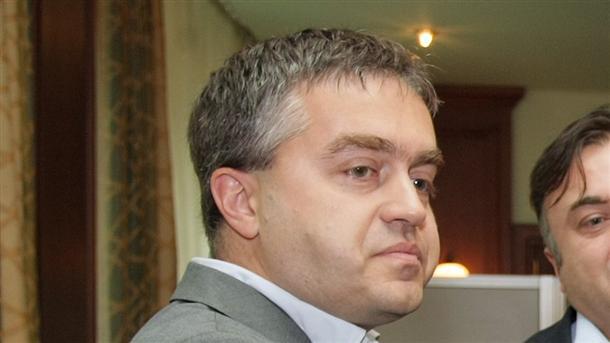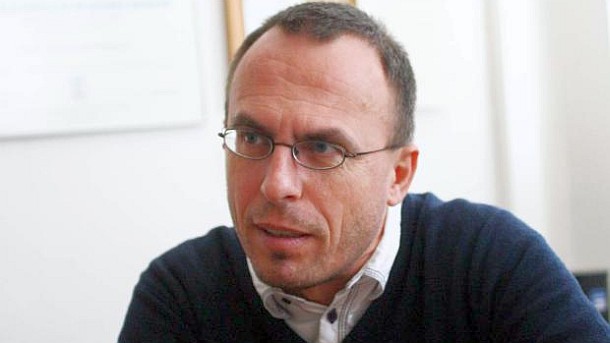
Three former Soviet states signed in Brussels an partnership agreement with the EU, accompanied with an agreement for the establishment of a comprehensive free-trade zone. “The EU supports you more than ever”, the President of the European Council Herman Van Rompuy told Ukrainian President Petro Poroshenko before the Premiers of Georgia and Moldova - Irakli Garibashvili and Iurie Leanca made the first steps towards their European dream. However, Ukraine paid the highest price possible to fulfill its dream.
EU accession has turned into the apple of discord for the Ukrainian society, after former President Viktor Yanukovych refused to sign the association agreement at the end of last year in Lithuania’s capital Vilnius. Back then Russia, on behalf of its President Vladimir Putin, warned that it would mean a trade confrontation and offered as an alternative USD 15 billion of financial aid and lower gas prices. This was followed by huge protests at the popular Maidan square in Kyiv, street gunfire and a take-over in the Party of Regions headed previously by Yanukovych. As a result, he was impeached from Presidency. Ever since then Ukraine entered into an unprecedented crisis accompanied with separatist referendums and a partisan war in the eastern Russian-speaking regions. However, the partnership agreement with the EU was officially signed and was described by Poroshenko and all European leaders as a historical step. Moscow’s reply was immediate: “Russia is to take measures in protection of its economy”, warned Dmitry Peskov, Spokesperson of President Vladimir Putin.
 The association agreement is good news for Bulgaria, contends in an interview for Radio Bulgaria political analyst Vladimir Shopov.
The association agreement is good news for Bulgaria, contends in an interview for Radio Bulgaria political analyst Vladimir Shopov.
“The quicker our neighboring countries become part of the EU, the better for us,” Shopov maintains. “This would reduce the risks for our national security and the countries will have better opportunities to develop bilateral relations. The agreement between Ukraine and the EU is good news, because it would impede the recent ambitions of some countries about the establishment of Eurasian Economic Union. The way the Eurasian Union was planned has nothing to do with modern political and economic cooperation. I personally approve the partnership agreement between Ukraine, Moldova, Georgia and the EU. Let us not forget that large Bulgarian communities live in Ukraine and Moldova. To me this is another good opportunity for Bulgaria to establish European relations with these countries.”
 “Bulgaria does not benefit a lot from the situation, because it failed to regard these countries as strategic partners for a very long period of time”, contends political analyst Dr Ivan Nachev.
“Bulgaria does not benefit a lot from the situation, because it failed to regard these countries as strategic partners for a very long period of time”, contends political analyst Dr Ivan Nachev.
“Bulgaria was somehow closed within the Balkan region. It used to look towards Macedonia and Turkey and the Western Balkan states which are all potential applicants for EU membership. However, these countries are under a different geopolitical influence. This country regards Ukraine and Moldova only as countries with Bulgarian communities. Of course, we can develop with them all types of trade relations during the accession process which usually lasts around ten years. However, we need to find out what the economies of these countries would like to import form us. Unfortunately, Bulgaria lost something else. We are the only EU country which uses the Cyrillic script and Bulgaria could have played the role of an intermediary among the countries outside the EU which also use this alphabet, so this millennia-old cultural link is used in the best possible way. Bulgaria could have become mediator in the bilateral relations between the EU and Russia. too. Yes, the relations between the EU and Russia have been recently quite tense, but Russia is the closest strategic partner in this region and sooner or later their relations will improve. The countries must always compete and help each other. I believe that Russia will become closer to Europe sooner or later. It is a huge country with large potential and we should not underestimate it, especially in the 21st century when the countries’ economies consume a lot of energy and they need large quantities of resource to develop. ”
English version: Kostadin Atanasov
The deadline for the start of the implementation of the new European Media Freedom Act (FEMA) is fast approaching - August this year. "Some Member States are already quite far in implementing the European Media Freedom Act because some of..
It’s official—Bulgaria is now the 21st country in the eurozone. From 1 January 2026, the euro will become the legal tender, although levs will still be accepted for another month. Bulgaria becomes the 21st member of the Eurozone “I think..
"What we have let slip, we have let slip over the last 20 years, not yesterday or the day before." This was stated to the Bulgarian National Radio by Ivaylo Valchev, MEP from the European Conservatives and Reformists (ECR), before today's vote in..

+359 2 9336 661
